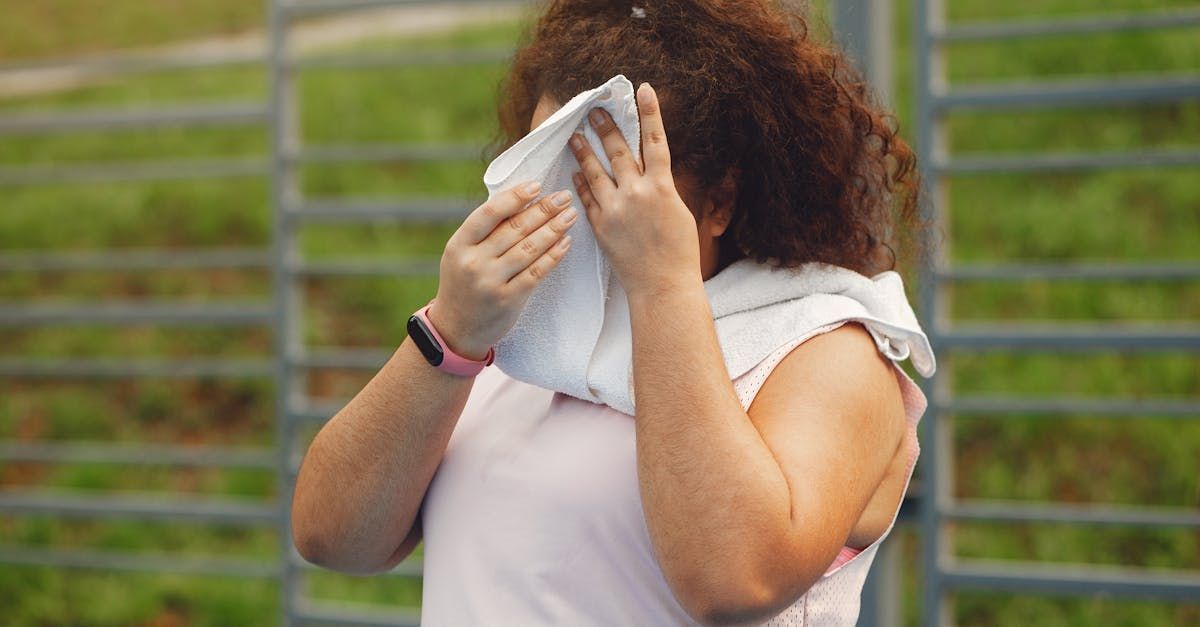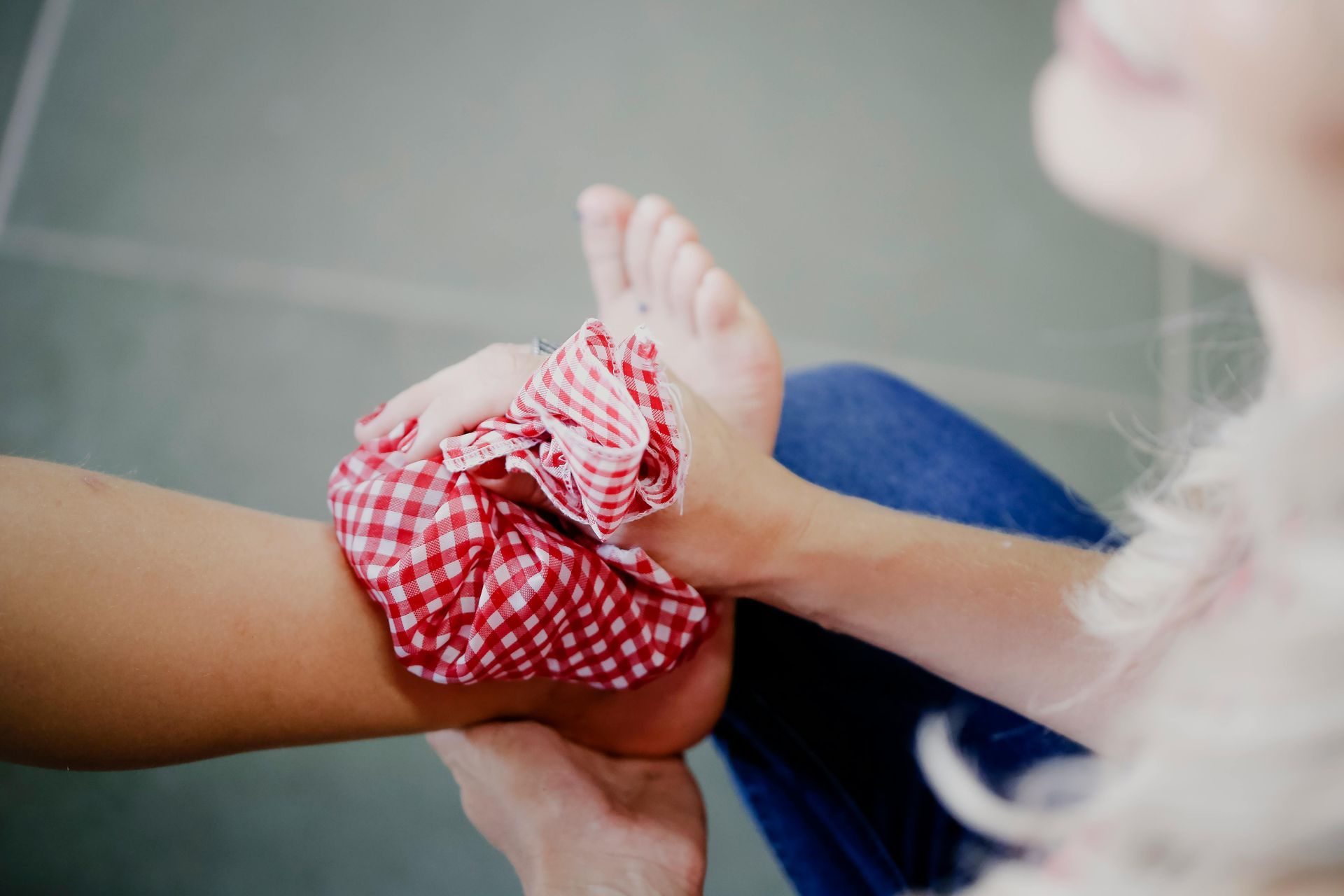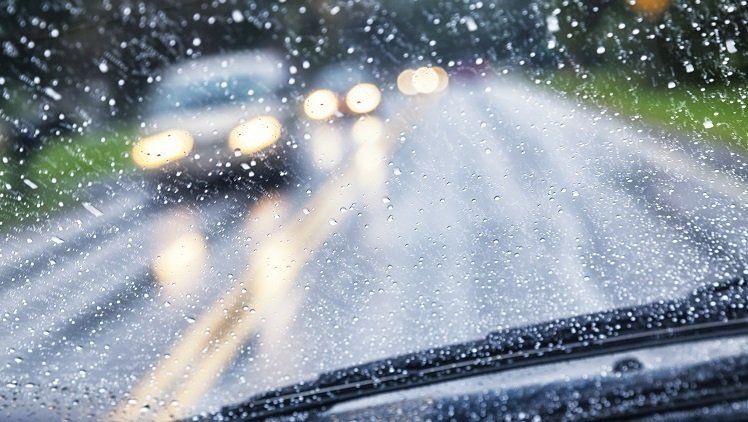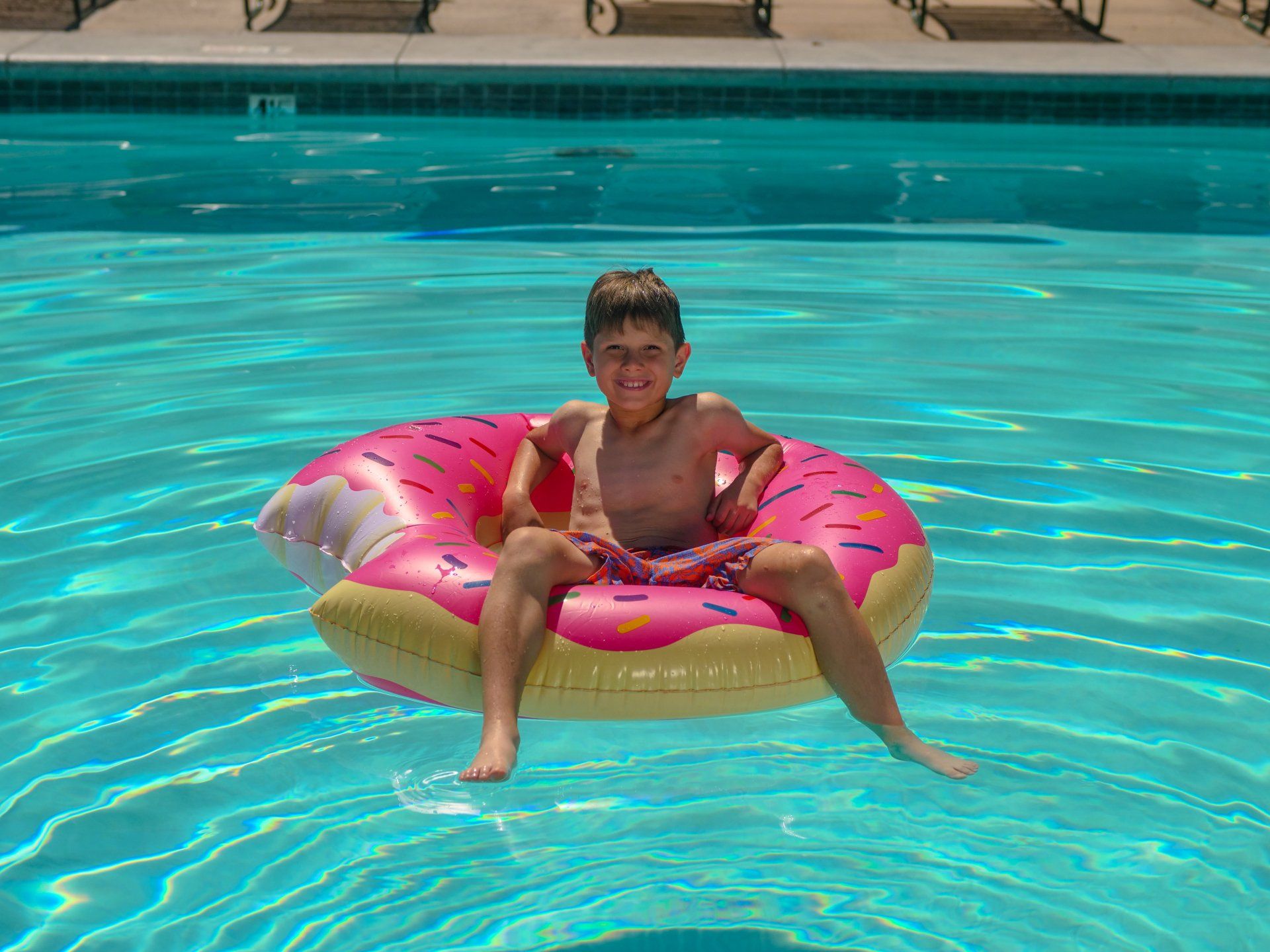Heat-Related Illnesses in Children and Teens (Heat Cramps, Heat Exhaustion, Heat Stroke)
What are heat-related illnesses?

Exposure to abnormal or prolonged amounts of heat and humidity without relief or adequate fluid intake can cause many types of heat-related illness. Children and teens adjust more slowly than adults to changes in the environment . . They also make more heat with activity than adults and sweat less. Sweating is one of the ways the body cools itself. Children and teens often don't think to rest when having fun. And they may not drink enough fluids when playing, exercising, or taking part in sports.
Children and teens with ongoing (chronic) health problems, or those who take certain medicines, may be more likely to have heat-related illnesses. Children and teens who are overweight or wear heavy clothing during exertion, such as marching band or football uniforms, are also more at risk.
Heat-related illness can occur in 2 ways, exertional and nonexertional.
- Exertional heat illness. This occurs when your child exerts themselves in a hot environment, such as practicing football on a hot day without any breaks.
- Nonexertional heat stroke. This occurs when a child is trapped in a hot environment. Examples of this would be an infant left in a car on a summer day, or a child with disabilities left in a hot apartment without access to water.
Heat-related illness includes the following conditions based on the severity of a child's condition:
- Heat cramps
- Heat exhaustion
- Heat stroke
What are heat cramps?
Heat cramps are the mildest form of heat illness. These are painful muscle cramps and spasms that occur during or after intense exercise and sweating in high heat.
What is heat exhaustion?
Heat exhaustion is more severe than heat cramps. It's caused by a loss of water and salt in the body. It occurs in conditions of extreme heat and excessive sweating without adequate fluid and salt replacement. Heat exhaustion happens when the body can't cool itself correctly. If left untreated, it can progress to heat stroke.
What is heat stroke?
Heat stroke is the most severe form of heat illness. It occurs when the body's heat-regulating system is overwhelmed by excessive heat. The skin may be dry if the ability to sweat has been lost. It's a life-threatening emergency and needs immediate medical care.
Symptoms and first-aid measures for heat injuries
The chart below contains the most common symptoms of heat-related illness. Specific treatment will be determined by your child's healthcare provider and may include some, or more, of the following:
Heat cramps
- Painful cramps, especially in the legs
- Flushed, moist skin
- .
Heat exhaustion
- Muscle cramps
- Pale, moist skin
- Often has a low-grade fever over 100.4°F (or 38°C)
- Nausea
- Vomiting
- Diarrhea
- Headache
- Severe tiredness (fatigue)
- Weakness
- Anxiety
- Passing out (fainting)
Heat stroke
- Warm, dry skin
- High fever, often over 104°F (or 40°C)
- Rapid heart rate
- Loss of appetite
- Nausea
- Vomiting
- Headache
- Fatigue
- Confusion
- Agitation
- Lethargy
- Stupor
- Seizures, coma, and death are possible
- .
How can heat stroke be prevented?
Here are some general guidelines to help protect your child from heat-related illnesses:
- Don't leave children alone in a car. Even if the windows are cracked open. This is a leading cause of infant death from heat illness in the U.S.
- Drink plenty of fluids during vigorous or outdoor activities (including sunbathing), especially on hot days. Drinks of choice include water and sports drinks. Don't drink alcohol or fluids with caffeine, such as tea, coffee, and cola. These can lead to dehydration.
- Make sure your child dresses in light colored, lightweight, tightly woven, loose-fitting clothing on hot days.
- Schedule vigorous activity and sports for cooler times of the day. Take rest periods in shady or cool areas.
- Make sure your child is protected from the sun, wears a hat and sunglasses, and uses an umbrella. Use a sunscreen that is at least SPF (sun protection factor) 15.
- Increase time spent outdoors slowly to get your child's body used to the heat.
- Teach children to take frequent drink breaks and "wet down" or mist themselves with a spray bottle. This can help prevent becoming overheated.
- Student athletes need frequent breaks for water or sports drinks. Most athletes should drink about 1 cup of fluid (200 to 300 milliliters) for every 15 minutes of exercise.
- Try to spend as much time indoors as possible on very hot and humid days.
- Teach your child to warm up and cool down before and after exercising.
If your child has a health condition or is taking medicine, talk with their healthcare provider for more advice for preventing heat-related illnesses.










